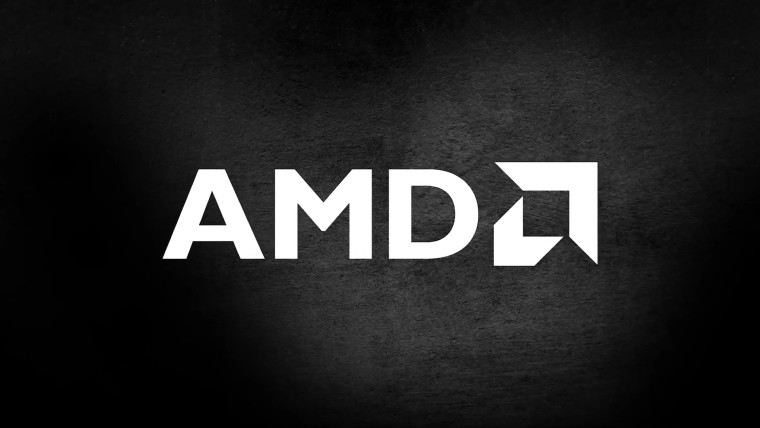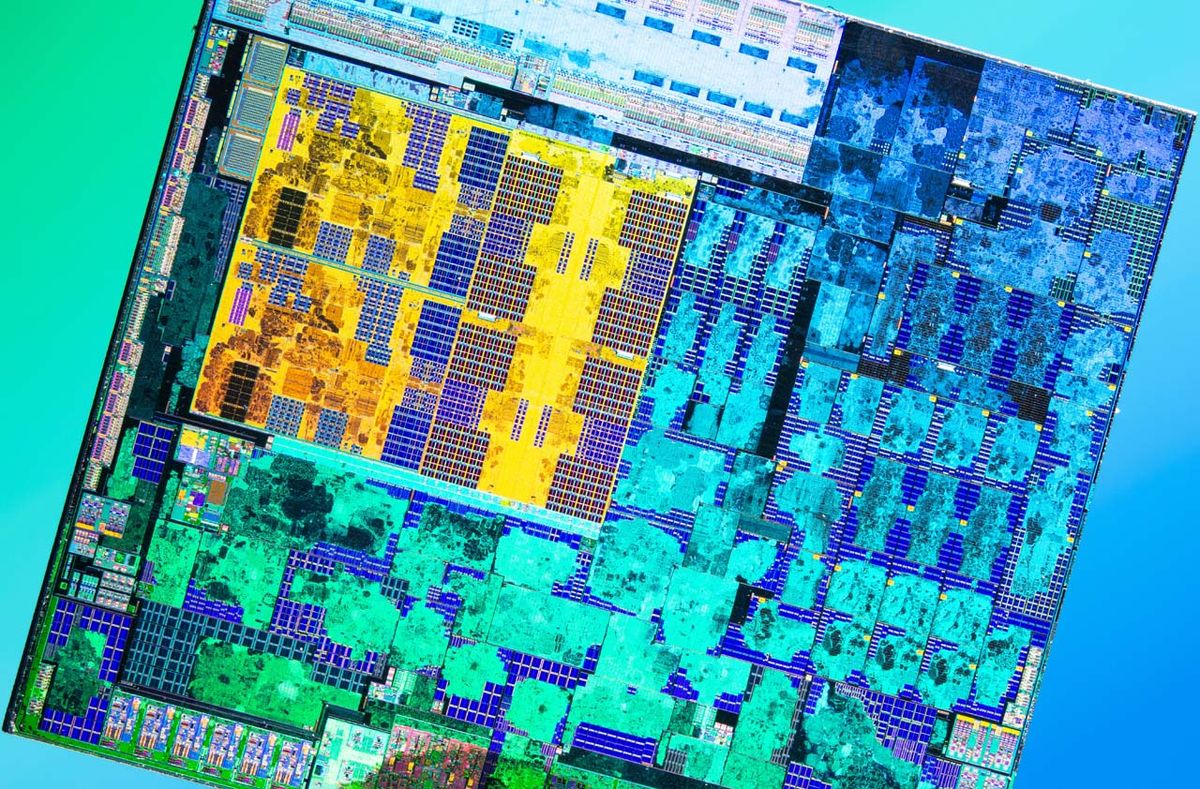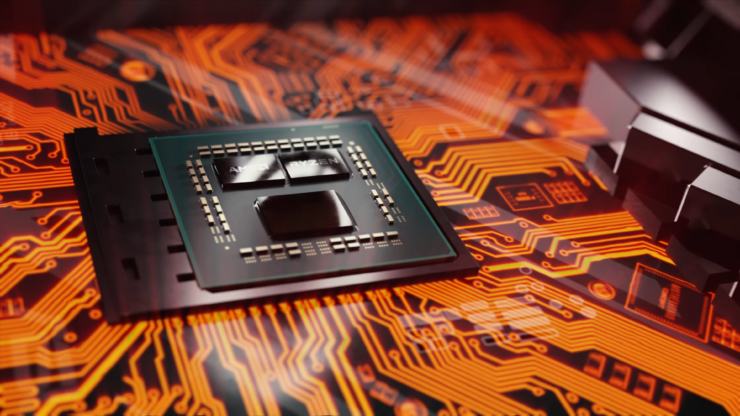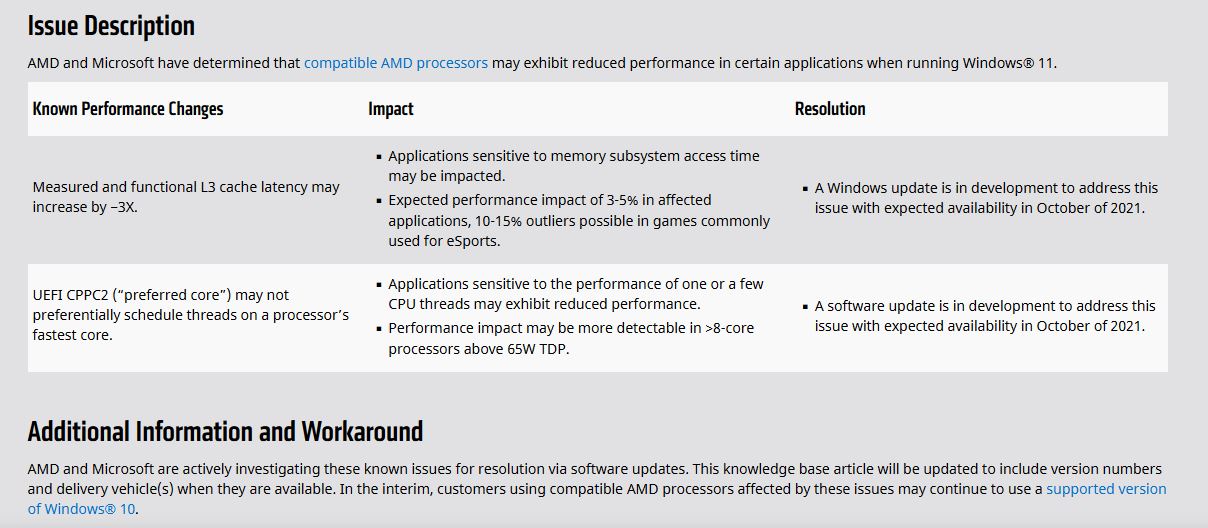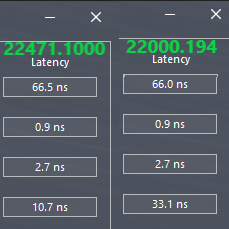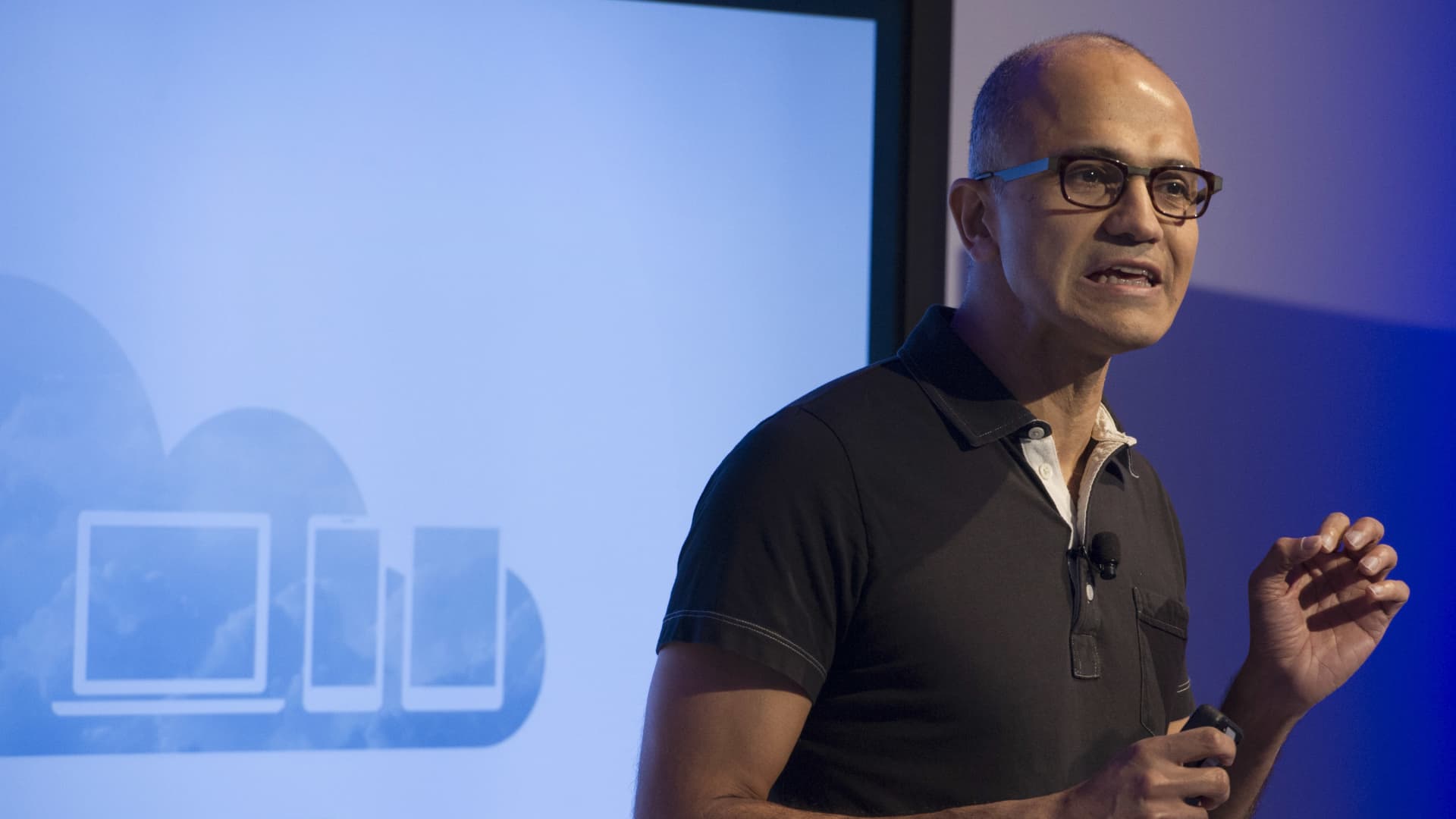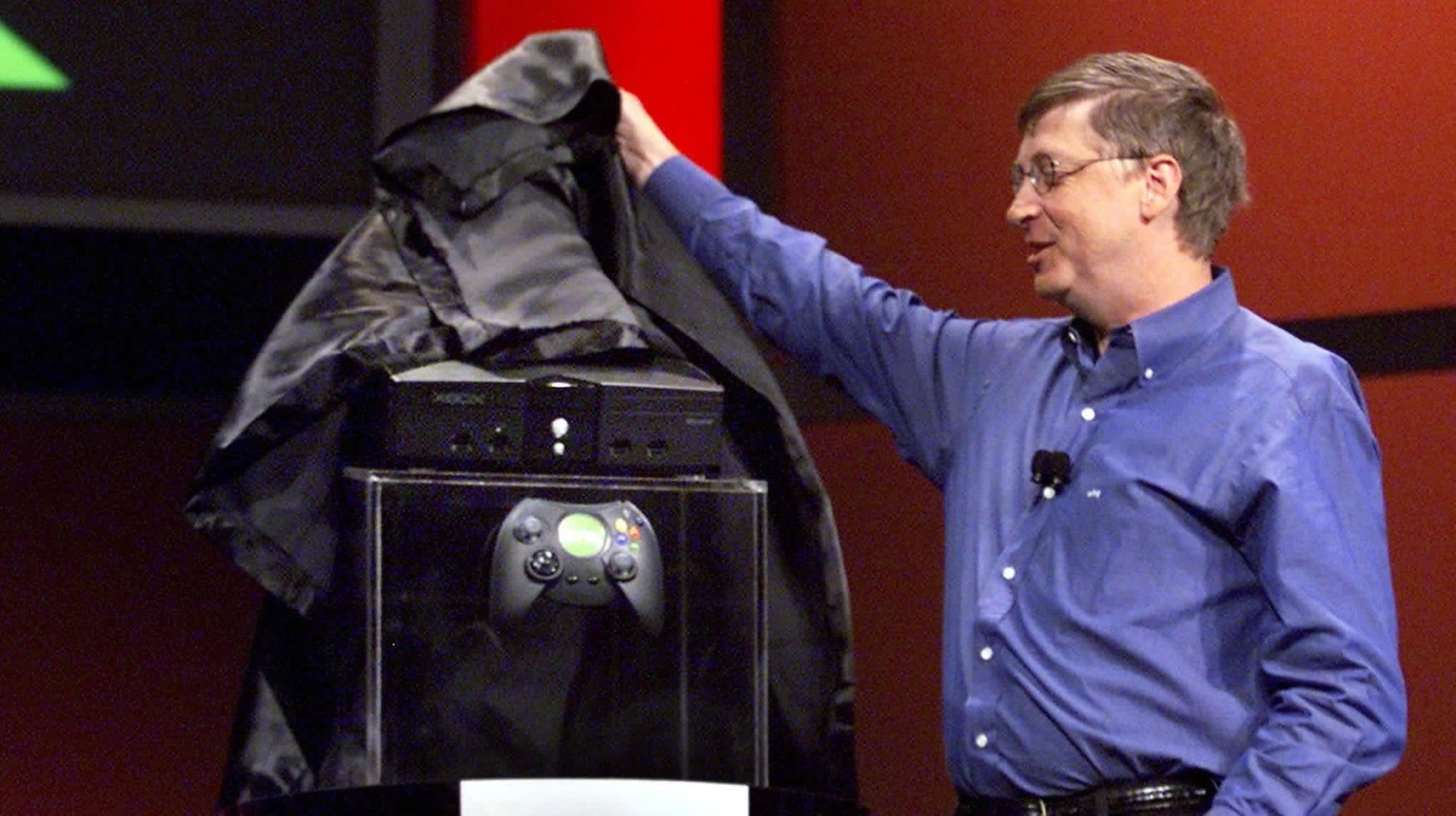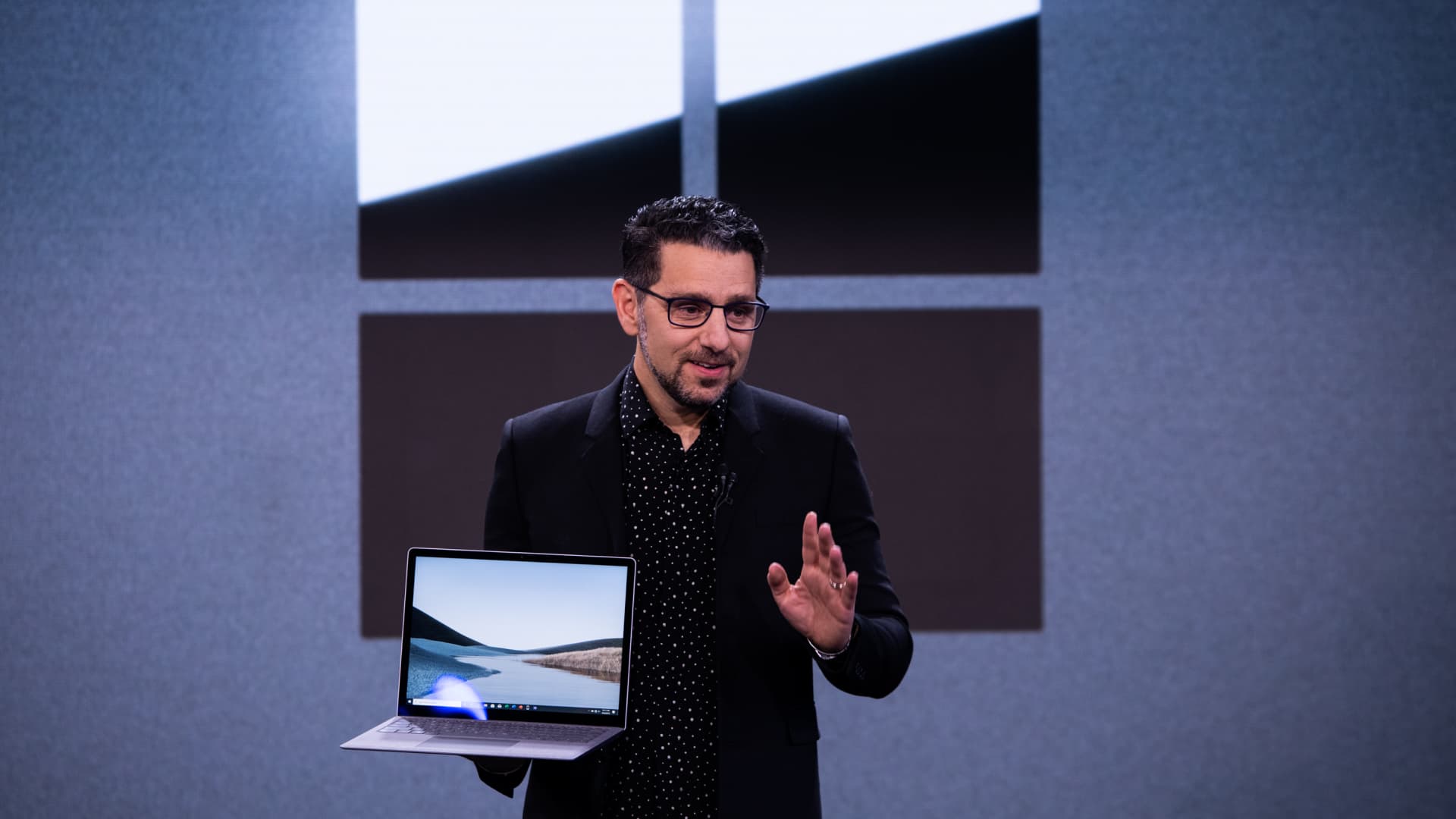I won't speculate about the detailed causes and remedies of this issue, but it is evident that AMD has been sidelined in the Windows 11 project.
As a tech enthusiast and an AMD investor, I follow the build up to the "Alder Lake" launch with interest. "Alder Lake" is the first major product launch since new Intel CEO
Pat Gelsinger took the reins earlier this year. I suspect he has invested heavily in making a big splash. He likes to say "Intel is back", and this will be the first chance to really show that, as "Alder Lake" purportedly has strong enough performance to claim leadership. Albeit having a three decades long history as a hardware man at Intel, he has spent a "vacation" (as he puts it) in the software world as the former CEO at VMware. That has given him an ardent focus on the importance of software. In his own words: "Delivering silicon that isn’t supported by software is a bug". He brought his pal and former CTO at VMware, Greg Lavender, over to Intel to lead the software effort. Here is a quote from a recent article at CRN (well worth reading):
"As an example, Lavender pointed to the new efficiency cores and performance cores that will be introduced later this year in Intel’s next generation of CPUs for client devices, code-named Alder Lake. To help users get the most out of systems with Alder Lake, Intel is incorporating a new silicon-based feature called Intel Thread Director that will tell Microsoft’s new Windows 11 operating system how to balance workloads on the two core types to optimize performance and efficiency."
Now that he’s in the CEO seat at Intel, Pat Gelsinger is ready to team with partners to prove that the ‘future is software.'

www.crn.com
Remember, Microsoft reportedly ended big releases with Windows 10, and since then has followed an incremental update model:
"In 2015, as Microsoft was preparing to release its Windows 10 operating system, a developer evangelist speaking at a technical session during a company event dropped an eyebrow-raising statement. “Windows 10 is the last version of Windows,” he said."
There are good reasons for Microsoft to be readying a major Windows update this month. For one thing, Windows 10 has been around longer than its predecessors.

www.cnbc.com
I wouldn't be surprised if Intel has had a big input in Microsoft's change of heart. My intuition is that Windows 11 is at the core an Intel initiative, backed by substantial manpower and funding. I suspect Gelsinger wants to recreate something akin to the good old Wintel days, with a big upgrade cycle and marketing around a new operating system release, accompanied by a new generation of Intel processors, new technology standards (DDR5 and PCI Express 5) and co-marketed OEM systems sold with a prominent Intel logo and jingle.
Progress is good. But I wouldn't want to see Wintel return to industry dominance of past. That era is better left in the past, I think.
Hopefully this issue is an anomaly and we'll see AMD products well supported going forward.
